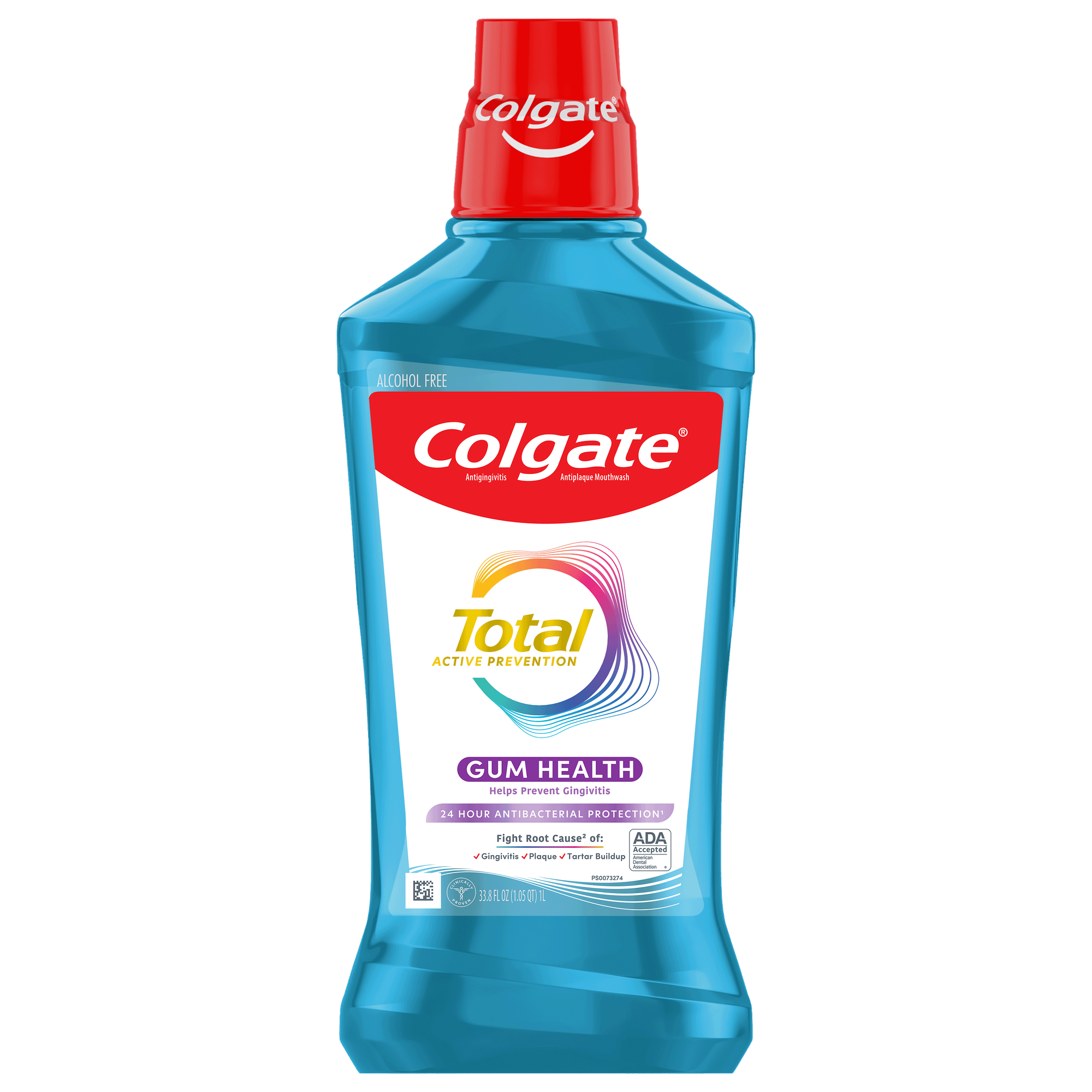Don't worry; your dentist is likely following your wisdom teeth' progress during your regular dental checkups. They will be checking to see if your wisdom teeth have enough room or if they will become impacted. According to the American Dental Association (ADA), an impacted tooth is one that is trapped in your jaw or under your gums and gets blocked as it pushes through the gum into your mouth when it's trying to erupt.
Why do wisdom teeth become impacted?
Before we learned how to cook, we subsisted mostly on plants, nuts, and seeds. Wisdom teeth were proved useful for grinding down the harder foods. Evolutionists believe humans have larger jaws due to the need for extra chewing, and back then, there was enough room for the third molars to erupt and find their place in the dental arch. However, after our diets changed, our jaws started to change in order to adapt. Now, most people have less room in their jaw for third molars eruptions, leading to the common occurrence of impacted wisdom teeth, and necessitating their removal.
Why are wisdom teeth removed?
Although wisdom teeth may not always require removal, they can still be vulnerable to tooth decay due to placement and should be checked by a dentist frequently to ensure they remain disease and decay-free. You might think that while they're hidden under the surface of your gums, wisdom teeth are safe from disease and can do little harm. Unfortunately, that's not the case. Third molars can get cavities, abscesses, gum disease, and cysts that can damage adjacent teeth when impacted. So to avoid this concern, many people have their wisdom teeth removed before these problems arise as a preventative measure.
What does it mean to have impacted teeth?
It's possible that your wisdom teeth will line up perfectly behind your second molars and won't disrupt your smile. However, they could end up angled toward the second molar, toward the back of the mouth, lying down within the jawbone, or straight up and down but trapped within the jawbone.
According to the Mayo Clinic, an impacted wisdom tooth may partially emerge so that some of the crown (top part of the tooth) is visible (partially impacted), or it may never break through the gums (fully impacted).
Impacted wisdom teeth that are left untreated can lead to gum disease and tooth decay. You may also experience damage to your other teeth, including infection and overcrowding of teeth. In rare cases, impacted wisdom teeth can cause cysts and tumors.
What are the symptoms of impacted teeth?
Impacted wisdom teeth do not always show symptoms, meaning you could have impacted teeth and did not even realize it. Annual dental appointments and x-rays can catch impacted teeth early before they start to show symptoms. If symptoms do arise, it is usually the gum result on top of the tooth becoming infected or swollen. Symptoms may include:
- Red or swollen gums
- Tender or bleeding gums
- Jaw pain
- Swelling around the jaw
- Bad breath
- An unpleasant taste in your mouth
- Difficulty opening your mouth
- Swollen lymph nodes in the neck
Should you experience any of these impacted wisdom tooth symptoms, visit your dentist.
What is pericoronitis?
Sometimes a partially impacted wisdom tooth can have a flap of gum tissue that collects food particles that can harbor bacteria, leading to inflammation and discomfort. This condition is called pericoronitis. If the inflammation of the gum tissue around the partially erupted tooth persists, then you may find it painful to bite down or sense a bad taste in your mouth. Pericoronitis can develop into more severe symptoms, so it is essential to contact your dentist immediately during this condition's early stages.
If you believe you have impacted wisdom teeth, contact your dentist for a checkup and x-rays. Your dentist or oral surgeon will discuss the best treatment options available for your condition and whether you will need to discuss it further with an oral surgeon. These dental professionals will partner with you in keeping your smile healthy. Impacted wisdom teeth can feel like a setback, but it's often just one more milestone for you to achieve a healthy and bright smile.
Oral Care Center articles are reviewed by an oral health medical professional. This information is for educational purposes only. This content is not intended to be a substitute for professional medical advice, diagnosis or treatment. Always seek the advice of your dentist, physician or other qualified healthcare provider.
ORAL HEALTH QUIZ
What's behind your smile?
Take our Oral Health assessment to get the most from your oral care routine
ORAL HEALTH QUIZ
What's behind your smile?
Take our Oral Health assessment to get the most from your oral care routine















